Creators Arthur N. Ebuen (Systemic, The Simpsons, Futurama) and Dave Law (The Space Odditorium, Thoughtscape, Wolf Punks), along with editor Justin Giampaoli (Rome West, Starship Down, The Mercy Killing) and letterer Frank Cvetkovic (Blink, Count Crowley, Cyberpunk 2077), are teaming up for the release of the 132-page collected trade paperback of their geopolitical action-thriller series ©alifornia, Inc., now available for preorder.
Set in 2047, 18 years after ©alifornia seceded from the United States, the series imagines a corporate nation where every citizen is an employee and privacy comes at a price. With Silicon Valley driving the economy, a privatized military, and Hollywood shaping global perception, ©alifornia is a totalitarian utopia where no one is bigger than the brand.
We caught up with the team to discuss the making of ©alifornia, Inc., how the world-building and character development came together, and what readers can expect from the trade paperback.
Diego Higuera: We actually mentioned ©alifornia, Inc. on Comics Beat a while back for our Kickstarter Roundup, and the premise of the story sounds incredible. This trade paperback also includes new material — things like character bios, development notes, and sketches. What do these extras reveal about your creative process and the characters?
Dave Law: If I can speak for the art, when I’m creating these characters, by that point I’ve read the script several times, and I’m really trying to find their personality, not just their look. In a lot of those character sketches, while I’m figuring out their design, I’m also thinking about different scenes or situations that help me solidify who they are.
Those sketches don’t just help me nail down their appearance, but also how they move, how they hold their head, how they lean, their expressions, all those little things that show personality. I have a lot of fun with that part of the process, and I think you can see that come through in the sketches. It’s a big part of how I ultimately draw the characters and bring them to life on the page.
Arthur N. Ebuen: Dave, his biggest asset with his drawings, besides the beautiful look of it, is the acting and subtlety in some of the facial expressions that he makes. Even in the most subtle moments versus some of the most, you know, expressive moments, the acting is in there.
And exactly what you said, Dave, I love that in your work it’s not just design. It’s the character’s character in those designs. There are moments that you put in there, in some of those sketches, where I’m like, oh, that’s that part when blank does this, you know, and I feel it. And it works for that. And it’s one of the things that drew me in when I first met Dave, is the acting in his work. It really does shine in those developmental sketches, and I’m glad we were able to share some of that with everybody.
Higuera: How did each member of the team, yourself, Dave, Justin as your editor, and Frank on the literary side, help shape this final book?
Ebuen: It was initially an idea that I wrote back in 2017. As funny as pressure as it may seem, it’s very relevant to today’s time. I wrote it back in 2017, before any of the current climate of thoughts that we have now.
My biggest person to lean on was Justin. He’s a writer in his own right, and he’s also an editor. He walked me through a lot of the parts and pieces to make sure that I was writing it so that when we did meet someone like Dave, which was two or three years later, he, as someone who’s seasoned as a sequential illustrator, would understand what I was trying to get out of it. Justin’s main role was helping me stay on course but also making sure of that, because I’m used to writing scripts for the screen, and he helped make sure it was written for the page, with page turns and everything like that. He’s also great at really fine-tuning voices.
From there, I’ll let Dave jump in, because he took that script and just ran with it. So Dave, if you want to go into the art…
Law: Oh yeah. I’ve read a lot of scripts. As an independent contractor, I get approached by people interested in having me potentially illustrate their books a lot, so I read a lot of scripts, and Art’s script was actually really well written. You could tell that he had gone through the motions of not only having written something before, but also having an editor actually edit it. That’s huge. I always tell new writers that an editor is super valuable, because they just kind of put the cherry on top. The script was very professional. It wasn’t until later on that I found out it was the first comic script Art had written, because it felt like he had written many scripts before, so it was well done.
I think my ability to create some acting with these characters comes from the fact that there were a good amount of details clueing me in on how these characters were feeling in a situation, or what was motivating them. It’s easier as an artist to connect that to some sort of emotion that I can try to illustrate through facial features or body language.
I felt like that was definitely something that really helped in creating the story — it was just a really well-written story. It was complete, with all four issues written, and it was really descriptive. Like he said, they weren’t sure who the artist would be, so they included a lot of descriptions. At the same time, Art was really open to my interpretation of each page and how I might want to change them. There was structure for me to lean on if I needed it, but also flexibility for me to play around, have fun, and try to inject my touch into it as well. Ultimately, I think what came out was this really great meshing of all our skills together, which worked really well.
Ebuen: After sending you the scripts and before each issue, we actually put together a small document — kind of like an extra guide — where I would say, “Hey, pages one through four, this is the feeling I’m trying to get across, and this is why. This is the driving force behind these pages, because it’s going to lead to this part of issue four, even though it’s issue two.” We had those kinds of discussions via email, and eventually, you would text me or call me about something.
Dave’s not one to take these pages lightly. He’s always like, “Before I get into it, what does this mean? Why? What are you trying to do?” And sometimes there’s a couple pages like that. The one I keep telling you about, Dave, is the one where Little Bro falls in issue #2. I described it a certain way, but you really sold the heck out of that. Same with the last two pages of issue #1. I had a certain idea, but you were trying to get that feeling of tension with the split screen between the two sides at the end of issue #1, and you did it way better than I could have described.
That only came from our conversations, after writing it, and then you and I talking about it. It came from understanding each other and trusting each other. It was more than the script. There was a lot of conversation to make sure we knew where we were going together on this.
Higuera: You can tell there’s a lot of history behind it.
Ebuen: Before I forget, Frank Cvetkovic, our letterer, is a force to be reckoned with. I think he’s lettering every single book out there. Just like you guys, he also won an Eisner for lettering in, I believe, Best Anthology.
That same page I was talking about with Dave from issue one, the back-and-forth tension scene, had four people talking, including someone off-screen, and I honestly wasn’t sure how it was going to be solved. It was such a writer thing for me to do. I wrote it and thought, “Well, I guess the illustrator and the letterer will figure it out.” Dave figured out his part, and I remember thinking, I wonder how Frank will letter this?
The way he did it was incredible. Some of the best lettering is the kind you don’t even notice, it just flows. He made that sequence move perfectly and complemented the tension that Dave created and that I was trying to build in the script. Dave heightened what I wrote, and then Frank came in and elevated it even further in that second-to-last, third-to-last page of issue one. When I first saw it, I thought, I wrote a really challenging scene here, one that would test anyone involved, and they both completely rose to the occasion.
I need to give credit where it’s due, because we’ve got some amazing people we are working with.
Higuera: This story engages with themes of corporate power and culture. We touched on that a bit already, but since you mentioned you wrote it back in 2017, what real-world influences shaped its creation at the time?
Law: It’s almost on the nose now, honestly.
Ebuen: You know, it’s funny because both Dave and I come from corporate backgrounds. We’ve both done work in that world, and I think that’s where a lot of this story comes from. When I was writing it, I was working for a big corporate company here in San Diego. Nothing against them, they’re a great company doing great things, I just don’t need to mention the name.
But there were certain things I missed from being in a smaller environment, like when I worked at an ad agency. Back then, if I had an idea, I could just talk to someone about it. The goal was always to get the best idea out there. At the corporation, though, I remember being filtered. I couldn’t just go to the next person above me to share an idea. It had to be brought up at the right time. It was so political. Something about that made me think, can people just get over themselves? Can we just make the best thing possible without worrying about egos being bruised because someone else came up with it?
That whole sense of corporate politics really stuck with me and started bothering me, and that’s kind of where the idea of the corporate nation came from.
And like I mentioned earlier, being from California, I’ve talked about this before, driving across the country and living in other places, you realize people have all these assumptions about Californians. When they hear you’re from here, they ask, “Is it true you all surf? Do yoga? Are you all vegan?” You know, Dave is, I think, all three of those. I don’t know.
Law: I’m only remembering two, I don’t surf, and I’m not vegan!
Ebuen: Ah, it might have been yoga!
Law: Oh yeah, I’ve been known to do yoga occasionally. I’ll cop to that!
Ebuen: [Laughs] I’ll cop to that too. Jokes aside, it was all that that drove it. It came from frustration with, I would say, personal problems I was trying to deal with at the time—both corporate and personal. Then it just happened that it took me this long to find someone like Dave to work on it, and then it took us a couple of years. It just so happens the political climate is where it’s at now, and it feels like we just wrote it recently.
Law: And it’s interesting reading the script because I have a certain amount of corporate cynicism as well. I had a short stint at a telecommunications company, and I just remember thinking, “Oh man, all the stereotypes about this kind of world are so true.” I knew right away that wasn’t the place I was going to stick around in.
Reading a script where Art really picks up on that, along with his understanding of politics and how things work in general, was great. One of my favorite kinds of science fiction writers is someone who really understands how things fit together, what causes that to happen in any kind of geopolitical story. With California, I think Art has a strong grasp of how the mechanics would shift, not only inside California itself but also in how it affects the rest of the world, and how they all interact with one another
Ebuen: It’s funny you mentioned that, Dave. I remembered one of my mentors at my corporate job, the one who told me to hold off on sending an idea up the ladder. He saw the frustration on my face and said, “No, it’s not you. I’m protecting you from the corporation, from destroying your idea.” He told me to be patient. He said it’s all chess moves, and it took me some time to really see that. I’m sure you’ve seen this too, Dave, in corporate environments. There are two kinds of emails when someone leaves.
The first one says, “Effective immediately, so-and-so is no longer here. If you have any questions, let us know. We wish them well.” That means they were fired. The second says, “Hey, so-and-so is leaving in two weeks. We wish them well and have a party coming up.” That means they left on good terms. I would see those “effective immediately” emails, and then someone from another department would suddenly move into that position even if they didn’t quite fit it, just to get experience and move higher up in the company. It really is chess. You see people move around in different spots, being set up for something else.
It’s also like sports, since people love sports analogies. When a new coach or CEO comes in, everything gets blown up. No one’s safe anymore because that’s not their team, and they want to build their own. Watching all that happen, the backstabbing, the shifting around, I realized people were more focused on keeping their power than doing what was best for the company. That kind of thing always intrigued me about work. I’d think, “Oh, you’re not here to make a better product. You’re here to hold your position.” It’s unfortunate, because people should be trying to make a better product for the customer. As much as they say they are, they’re really just trying to protect themselves instead of empowering or uplifting anyone below them. Not everyone’s like that, of course, but I saw enough of it that it really bothered me, and that frustration definitely went into the story.
Higuera: Dave, is there anything you want to add?
Law: No, I think that’s well said. You know, definitely, the concepts are mostly Art’s in that respect. So it’s cool to hear him talk about where those ideas came from. Yeah.
Ebuen: That came from someplace deep this time, didn’t it? Dave, that was a deeper one than normal.
Law: Obviously. [Laughs]
Higuera: I only know the corporate retail world, in that world makes me want to cry every day. People in charge can either work together smoothly, like oil in a machine, or they can just fizzle out. It’s cool to see that in this book. Looking at the preview pages, I thought, “I can understand this.”
Ebuen: You’ve seen that too, where there’s a specific clique of people who are doing really well and have the ear of whoever’s on top. Then, if that person leaves or retires, or the board decides to replace whoever is in charge, that clique is no longer safe. Anyone who had their favor is at risk because someone else comes in and wipes the slate clean. Then it becomes all about kissing up to the new person in charge. It’s so weird.
Higuera: I can’t stress enough to readers to read this book. Genuinely, it hits a little too close to home, and I feel like anyone who has experience with any form of corporation, a minimum wage job, or even deeper in the corporate experience will relate.
Law: “Dude, the book—your book!” and I’m just like, “I know!”
Higuera: Do you see this trade as like the definitive edition of ©alifornia, Inc. Or, could this world continue in future stories?
Ebuen: This other anthology I’m working on, called Systemic, has a future view of different systemic and social structures. We have seven creators and seven stories, each offering different points of view. One of them happens to be a side story I wrote about California, but it’s set earlier in the timeline. So there’s that story, it’s a side story that happens earlier on.
If we do another iteration, we might include the full version, because it’s a 36-page story that we’re releasing in three chunks of 12 pages. The first 12 pages, which Dave finished a few months ago, are going into this anthology, and we’re pretty excited about the possibility of including it in a bigger, collected hardcover edition or something.
Law: I think there’s definitely room for expansion on, on lot of the characters that are and I created in there.
Ebuen: And I think, Dave and I have talked about any stories that he has in his head. You know, I’ve been like, if there are any characters in there that you want us to explore, let’s play with it. Dude, it could be fun. Yeah, it could be fun.
Law: I agree. I think the book, in general, builds this world. There’s a lot of world-building in it, even though it’s not that far away from us. It’s not a galaxy far, far away, but there’s definitely world-building in there. And yeah, I see it as being ripe for lots of stories to take place in it.
Higuera: I have to ask before we move on are there any questions you wish i would have asked you?
Ebuen: That’s it. I mean, we’re pushing this out and hopefully it’s exciting for those who have been asking us when we were going to have a trade. We’re finally fulfilling that and giving a little more to it. So it’s not just a collection of the full story, we’re adding pages, going from 96 to a total of 132, making it a nice, beefy chunk that gives it a reason to stand on its own.
Law: Fantastic. I love the people who bought it issue by issue but I also feel like it’s a story that’s meant to be read from cover to cover, from beginning to end. It just flows that nicely and has a good pace, so that when it’s all done and you read each issue in order, it feels that much richer. You really get into the zone with the story and the characters, and Art really sucks you into it. It’s fast-paced, so having it broken up into four issues changes the way you absorb the story
Ebuen: especially Dave’s initial cliffhanger,
Law: That actually was really well done. The first issue is a great way to hook people, and I think it does so without giving away too much.
Ebuen: Like you said, there were, I think, six or seven months between issues, so you didn’t have to wait as long as the people who got the single issues. We thank them, truly, by the way. Without the people who bought the first few issues individually, there’s no way we’d be where we are now. We really appreciate those who followed us and became readers of our story.
Law: I’m sure, Diego, you’ve noticed this, but I see that you do a lot of articles about Kickstarters and crowdfunded books. It’s such an awesome way for people to decide what kind of stories they want to see and read. It just makes you appreciate your readers so much more. Instead of just walking through a comic shop, seeing a cover, and picking it up, they’re basically investing in the creation of the story. That’s so awesome. It’s really cool to see that so many people made that decision for our story, for our books.
Higuera: When I look through all these crowdfunded projects, I see these beautiful pieces of art and think, “Wow, no one’s really touching on this.” There’s a whole landscape of independent comics that I’ve been trying to show readers. Hey, this is phenomenal. If you love comics, if you love art, there’s a whole other world literally at your fingertips, and all you have to do is explore it.
Ebuen: I could actually segue off of that too. Part of our way of giving back to our readers is to do something beyond issue by issue, to reward them and give them more. Dave and Justin, our editor, Justin is actually flipping roles with me. I’ll be helping edit, and he’s writing. Dave, do you want to talk more about this upcoming story?
Law: Yeah, real quick. We’re working on a book called West Side. It actually has a very similar feel to ©alifornia, Inc., not just because of my artwork, but because Justin was involved with a lot of the script writing for ©alifornia, Inc. It feels like a partial continuation, although it’s definitely a different type of story. It again deals with a portion of California, so we’re kind of sticking to brand respect. It’s going to be the next Studio 12-7 release!
Check out ©alifornia, Inc. on Kickstarter before its too late!
If you want to know more check it out on our Crowdfunding Round-Up here!





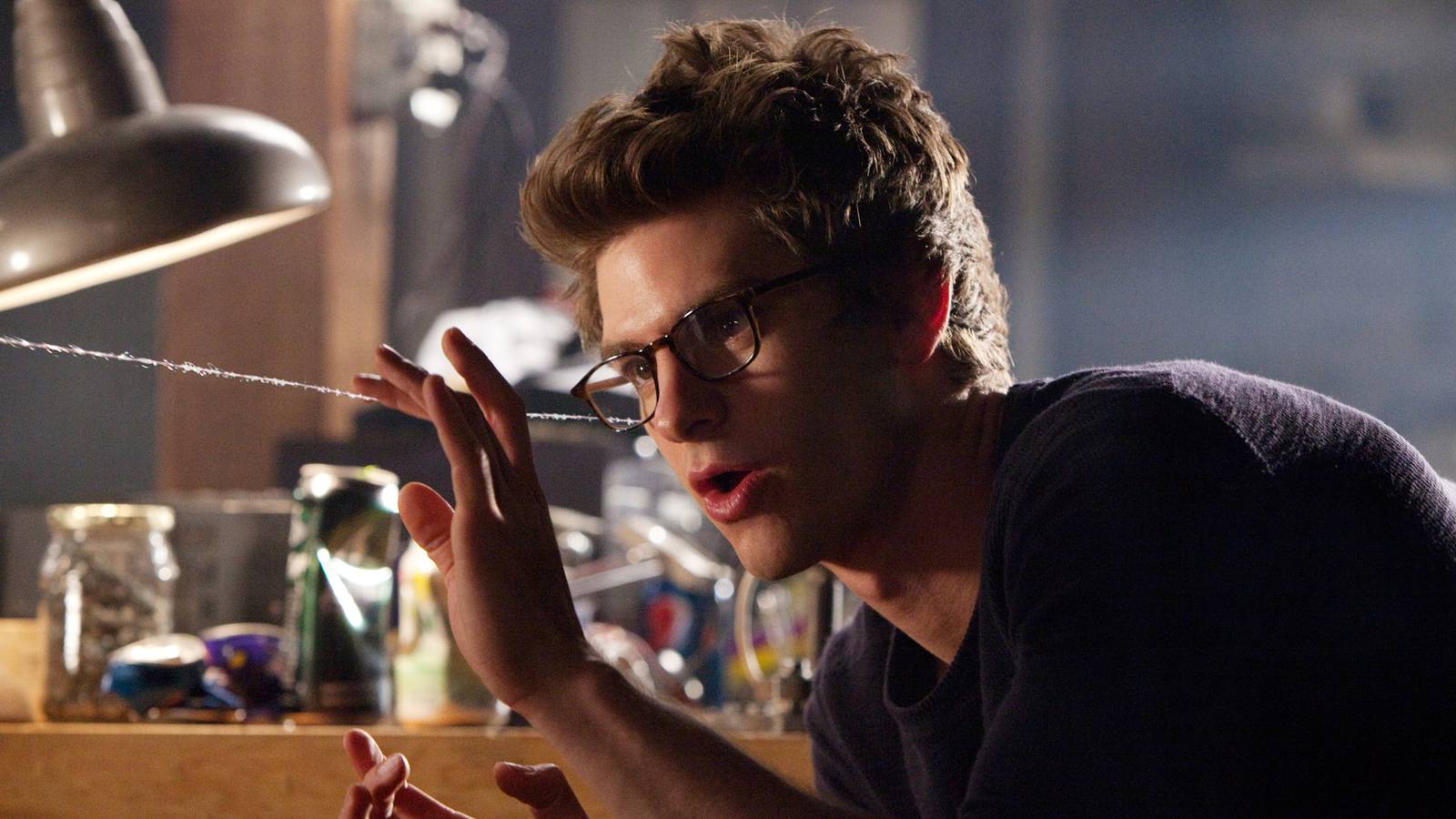

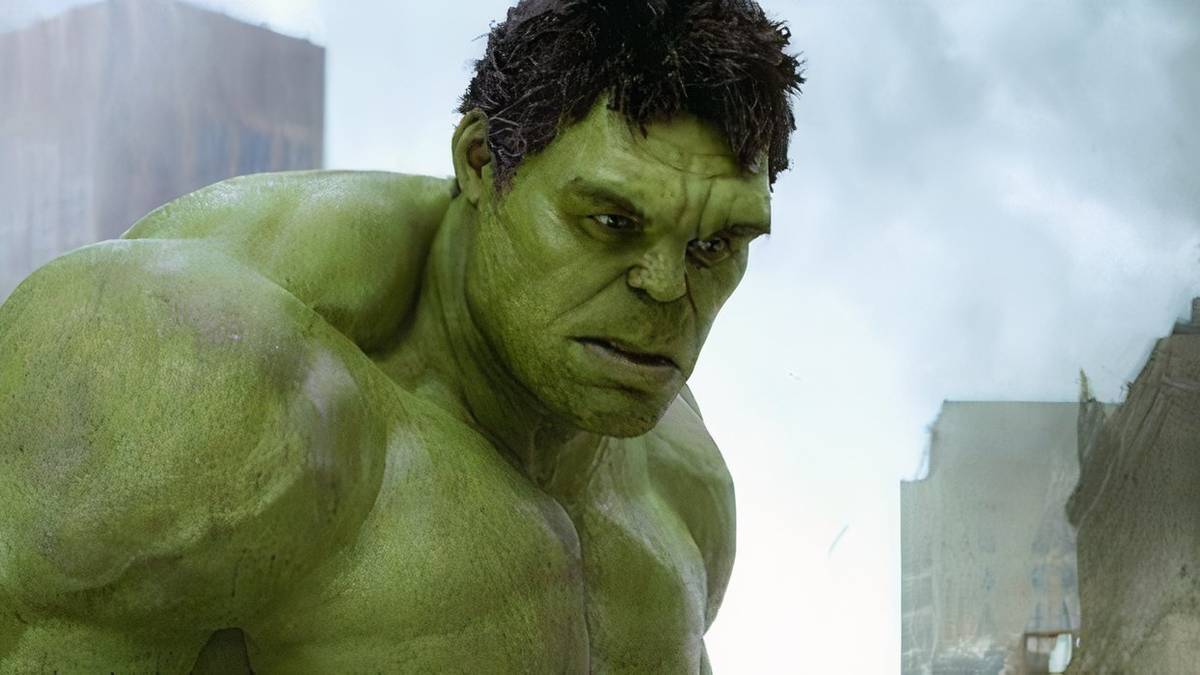

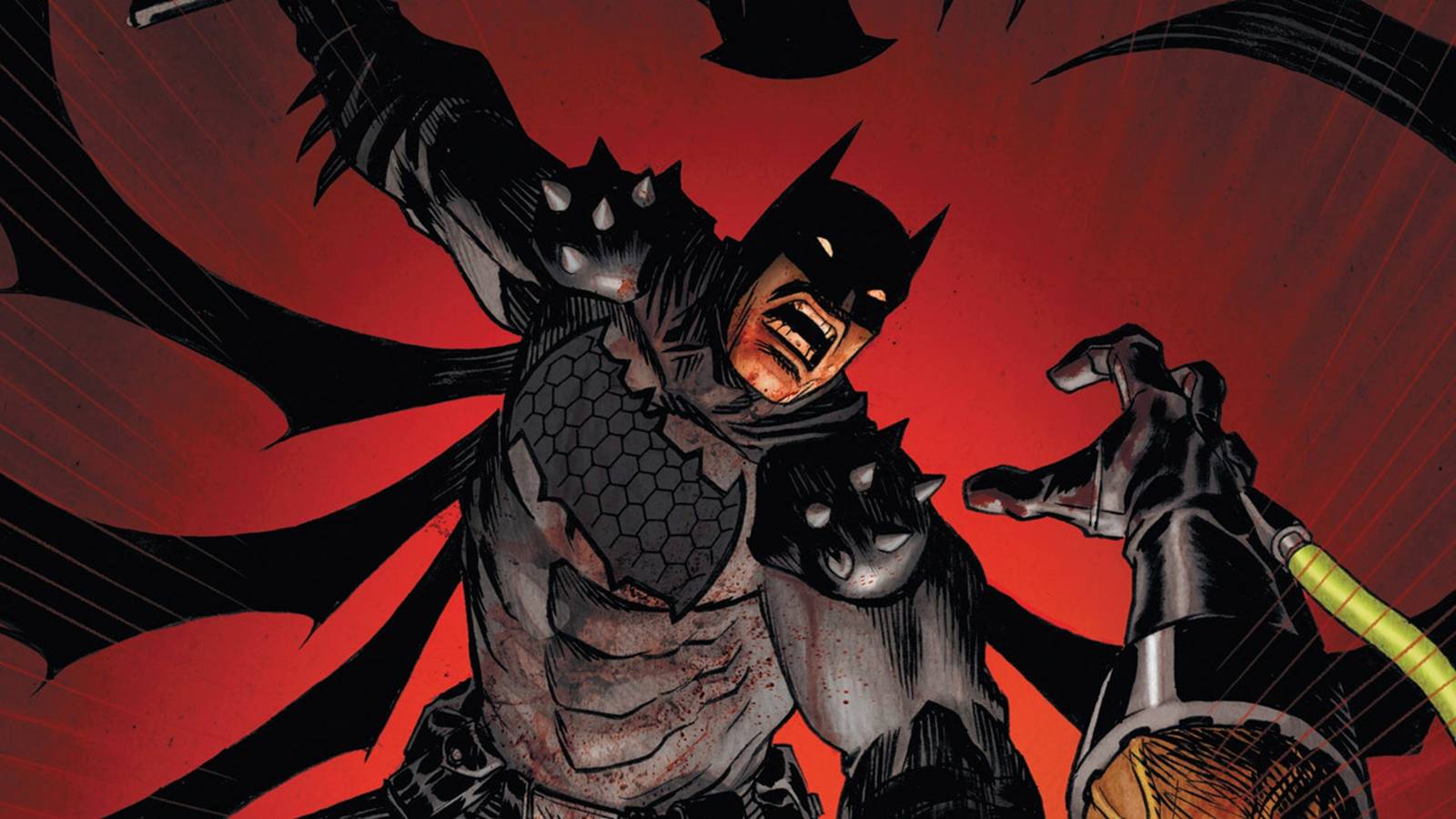
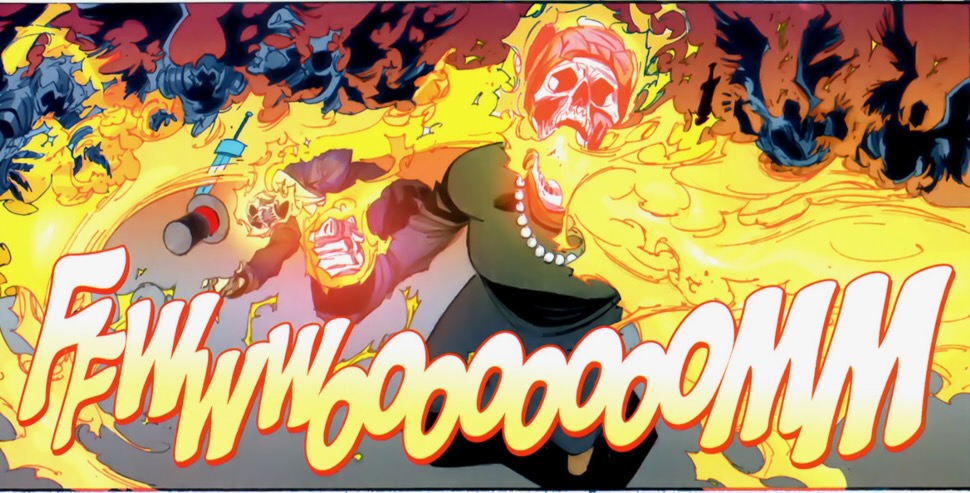

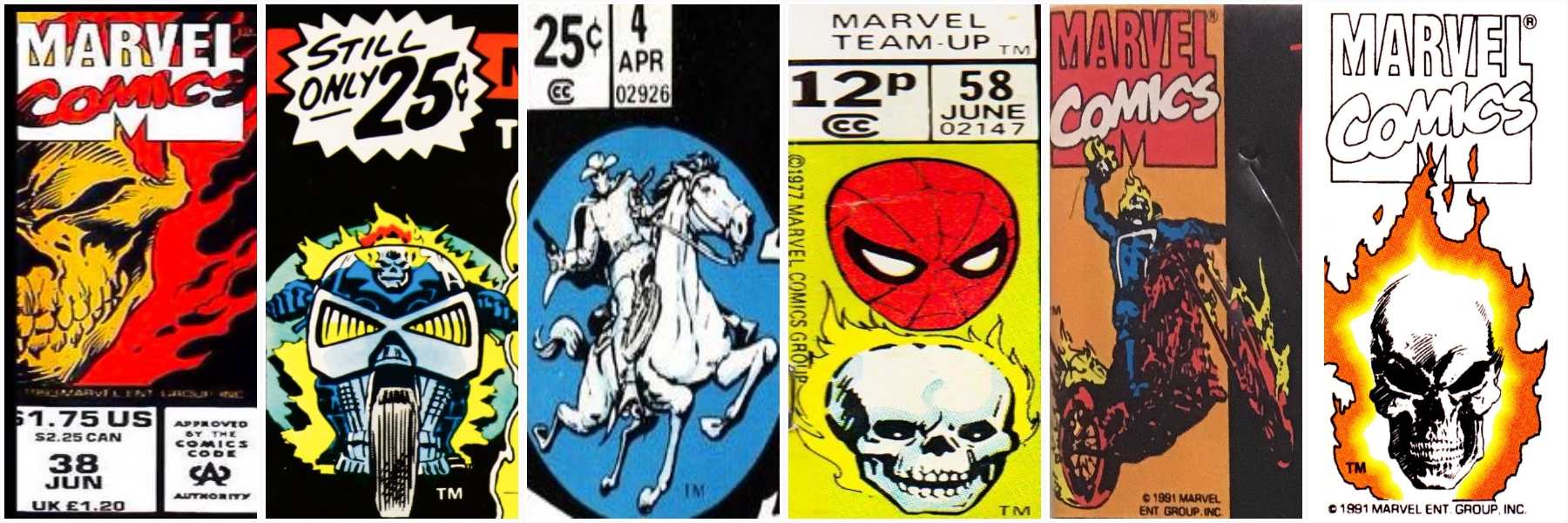


![Ghost of Yōtei First Impressions [Spoiler Free]](https://attackongeek.com/wp-content/uploads/2025/11/Ghost-of-Yotei.jpg)


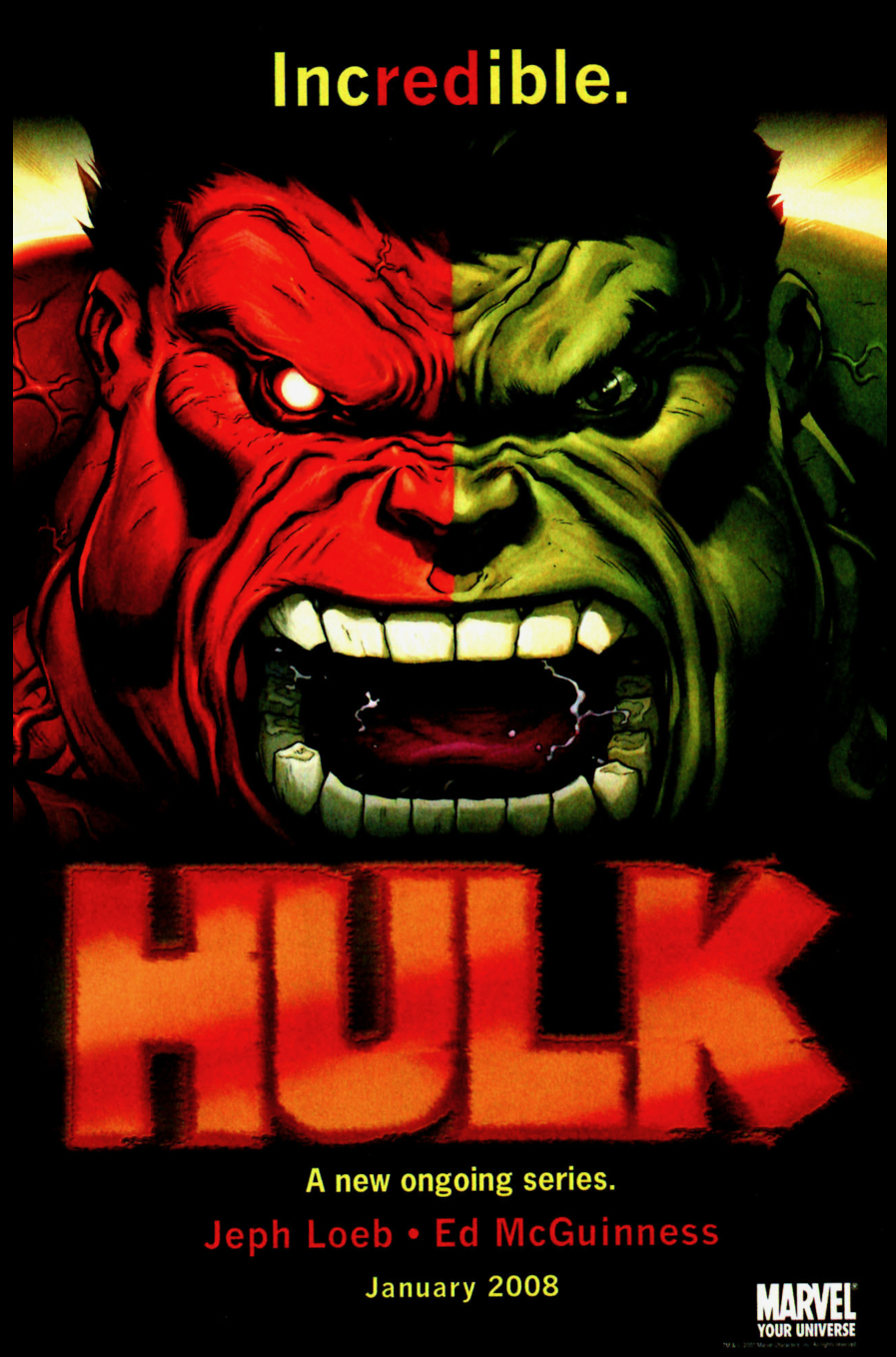
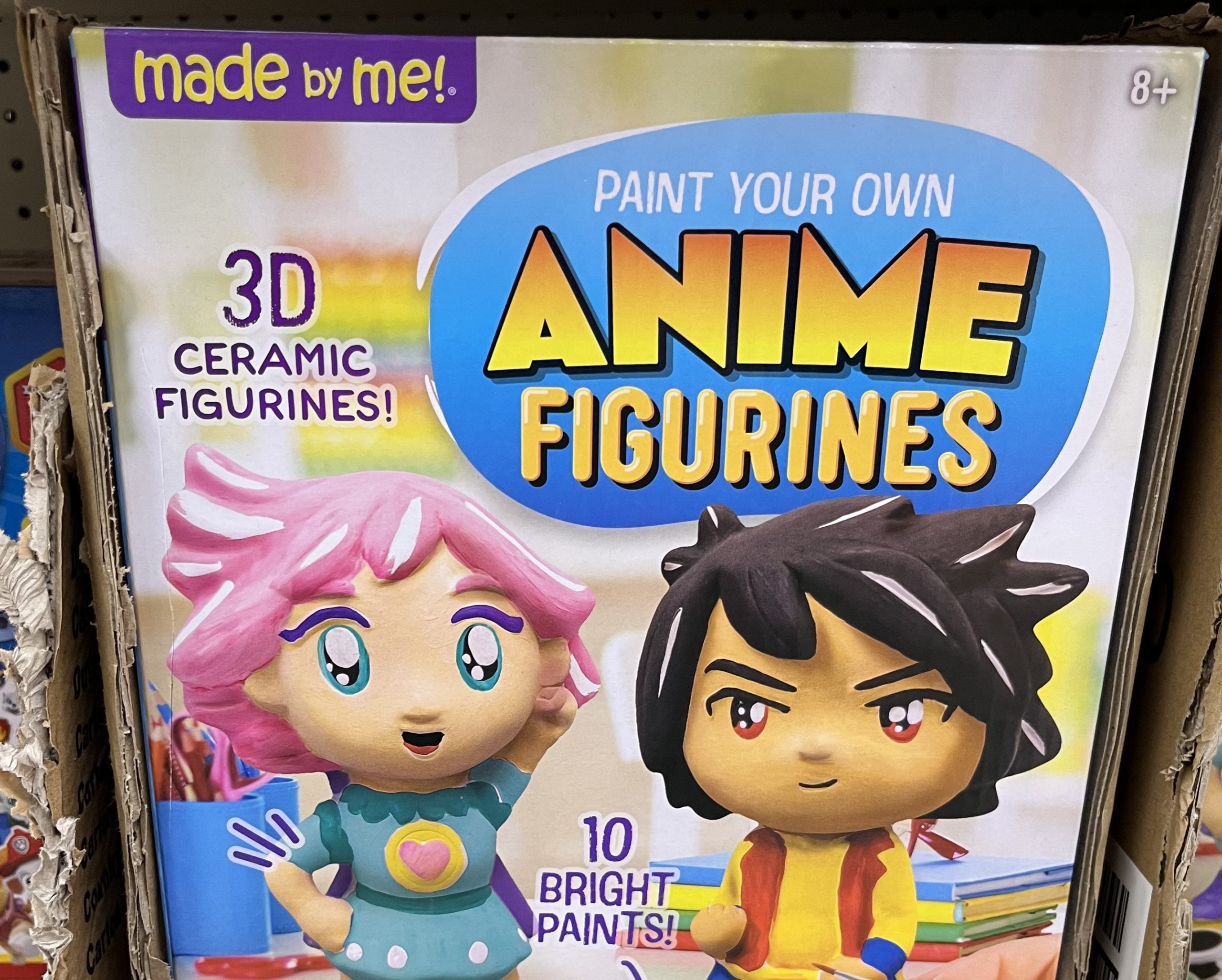
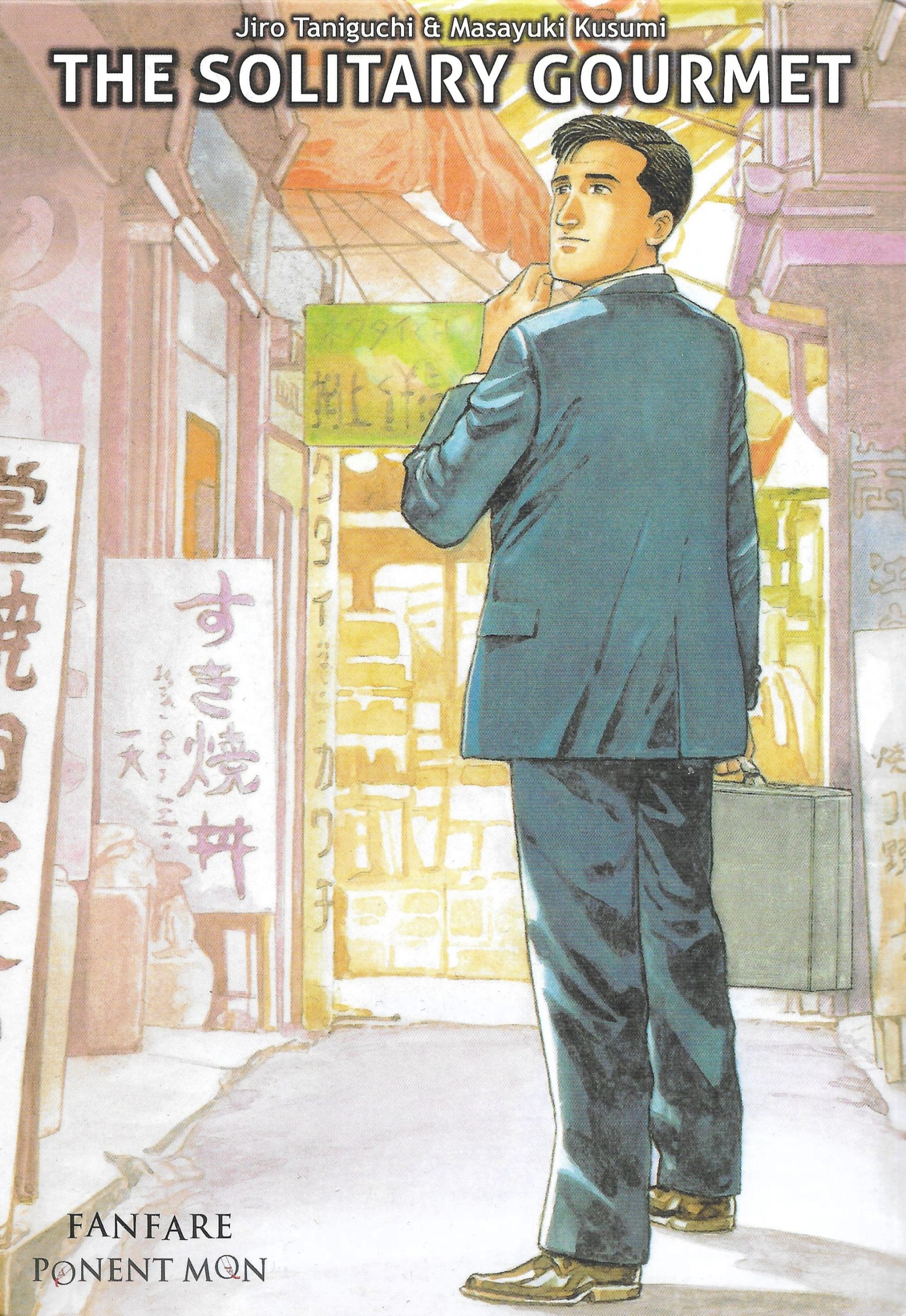
 English (US) ·
English (US) ·